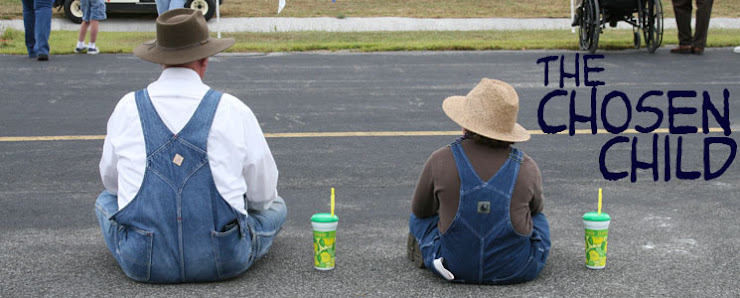Being a proud Virginian I had to write about this couple.
Mary Anna Randolph Custis was the great-granddaughter of our very first First Lady Martha Washington. Born on October 1, 1808, Mary was the only surviving child of her parents Washington and Mary Custis. Mary's parents were opposed to slavery, however, they owned slaves and allowed Mary to play with the children of slaves. The Custises were concerned that freeing their slaves without the slaves being able to read or write would result in their inability to support themselves. Mary's mother set up a Sunday School and began educating their slaves, something that Mary herself would do in later years.
Mary had known Robert E. Lee since childhood. The two grew closer after Robert received a West Point appointment. Mary timed a visit to a relative when she knew that Robert would also be visiting. Mary realized at this time that she loved him. After Robert graduated second in his class from West Point in 1829 he asked Mary to marry him. During their courtship they exchanged many letters, which Mary shared with her mother. When Robert found this out he wasn't pleased that his intimate thoughts had been shared. Mary respected Robert's wish and no longer showed their letters to anyone.
The Lee-Custis wedding scheduled for June 30, 1831, almost didn't occur. Mary became gravely ill and was not expected to live. She slowly began to recover and eventually was able to be married. During their honeymoon Mary again fell ill, this time recovering even more slowly. Her strength never returned in full. In spite of her illness Mary and Robert had seven children.
During the War Between the States (remember I am a Southerner) when writing to her husband she included a pair of hand-knitted socks (for Mary, knitting was a very painful task.)
Mary inherited her parents' house in Arlington, Virginia, however due to the war Robert secured her safety into Confederate territory. In 1864 the property taxes became delinquent and the property was to be put up for auction. When the Lee's had tried to pay the taxes before they were due, the government refused to accept the payment saying that the owner had to pay in person (Mary was ill at the time and they knew she couldn't make the trip and wouldn't they have loved to have the wife of the commanding general of the enemy in their grasp?) The government finally bought the property themselves for $26,800. In 1865 while residents were fleeing the Yankees as they threatened to invade Richmond, Mary and her daughters prepared to defend themselves. Mary refused the ambulance that Union General Weitzel sent to deliver them to safety.During the occupation a Union sentry was placed at her house for her safety. This was where she heard the cannon fire marking the surrender of the War. Six days later her Robert returned to her.
She petitioned the government for the return of her property. President Andrew Johnson authorized the return of all her property, however Congress felt the property of "The Father of the Country" belonged to the people and didn't belong to one person.
Mary and Robert found joy sitting on the porch and enjoying the beauty. Robert's health began to slowly decline. When he became ill, Mary stayed at his bedside until he passed away. Due to her own illness she was not able to attend his funeral. She instead stayed home and re-read the letters he had sent during their life together.
In 1901 her family property was finally returned to her heirs by President McKinley.








1 comment:
Great story!!
Post a Comment